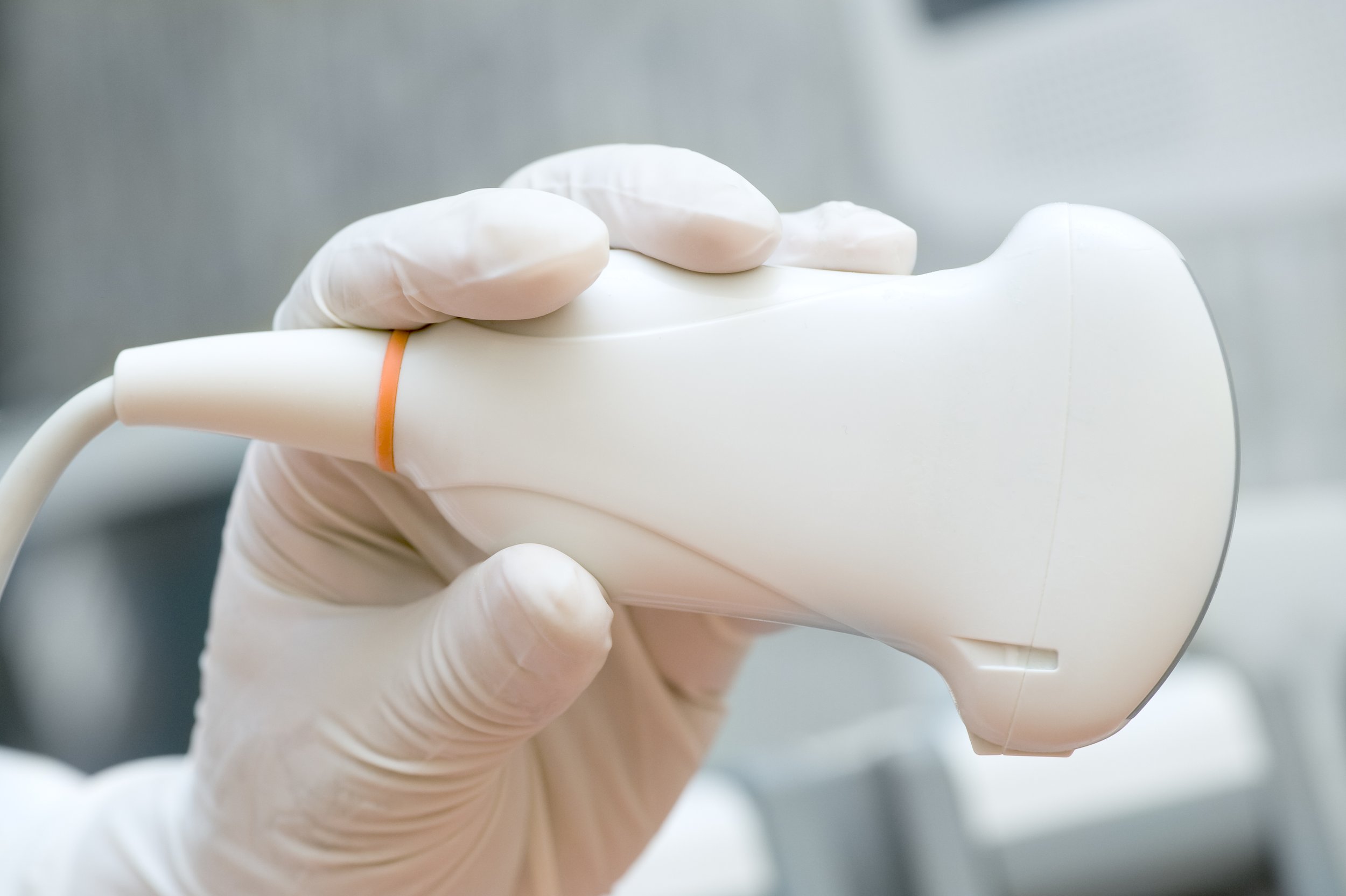Our Ultrasound Services
general/vascular ultrasound 24/7 coverage
At Integrated Ultrasound Consultants, we pride ourselves on providing reliable, high-quality ultrasound services to our valued clients. Our team of experienced professionals is trained to perform a wide range of ultrasound procedures, including general/vascular, OB/Gyn, and numerous point of care ultrasound exams.
One of the unique aspects of our services is that we offer 24/7 coverage for general/vascular ultrasounds. This means that our clients can count on us to be available whenever they need us, regardless of the time of day or night. We recognize that many medical conditions can arise outside of standard business hours, and we want to ensure that our clients have access to the care they need at all times.
In addition to our 24/7 coverage, we also specialize in transcranial dopplers. This technique is used to assess blood flow in the brain and can be an essential tool for diagnosing conditions such as stroke, aneurysm, and vascular malformations. Our select team has the expertise to perform this procedure accurately and safely, helping our clients to receive an accurate diagnosis and appropriate treatment.
Perhaps one of the reasons that we have become the preferred provider of ultrasound services to many of the medical facilities in the DFW area is our commitment to providing exceptional customer service. We understand the importance of timely and accurate imaging results for physicians to make informed diagnoses and treatment plans for their patients. At Integrated Ultrasound Consultants, we believe that every patient deserves the highest standard of care and attention, and our dedication to providing exceptional customer service reflects this philosophy.
Our commitment to exceptional customer service begins with our highly trained and experienced team of ultrasound technicians. Our technicians take the time to listen to each patient's individual needs and concerns, ensuring that they feel comfortable and at ease during the ultrasound examination. We understand that medical procedures can be stressful and intimidating, which is why we strive to create a welcoming and supportive environment for all of our patients.
In addition to our exceptional care for patients, we also understand the importance of timely and accurate image results for physicians. Our ultrasound team is well versed on the operation of a multitude of platforms and utilize their expertise to produce the best images possible, so that the appropriate care is available to the patient.
Ultimately, our commitment to exceptional customer service is what sets us apart as the preferred provider of ultrasound services in the DFW area. We understand that every patient and physician is unique, and we are dedicated to providing personalized care that exceeds expectations.
Transcranial Doppler (TCD)
Transcranial Doppler or TCD is a painless, non-invasive ultrasound exam that uses sound waves to evaluate blood flow (blood circulation) in and around the brain. The exam requires no radiation or special contrast. Physicians recommend this test to determine if there is anything happening in the blood vessels that is affecting blood flow to the brain. Transcranial Doppler ultrasound is often the test of choice for:
Vasospasm following a ruptured brain aneurysm.
Sickle Cell Anemia to determine a patient's stroke risk
Ischemic Stroke
Intracranial stenosis or blockage of the blood vessels
Cerebral Microemboli
Patent Foramen Ovale, a hole in the heart that doesn't close properly after birth
Integrated Ultrasound utilizes TCD’s to evaluate the 13 major arteries supplying blood flow to the brain, but there are other TCD studies used to identify specialized problems related to brain blood flow:
Embolic detection monitoring
This test detects any free-floating particles that may be in the bloodstream. These particles can be a significant source of stroke risk.Agitated saline bubble study
This test is specific for identifying whether there is a passageway or hole between the right and left chambers through which blood enters the heart. This hole usually closes after birth. If it doesn't close, it can be a source of increased stroke risk in certain patients.CO2 vasomotor reactivity study
This noninvasive study looks at whether the small vessels that regulate blood flow to the brain are working properly. When a small amount of carbon dioxide (CO2) and oxygen are inhaled, similar to holding one's breath, these small vessels should widen and increase blood flow to the brain. When a person hyperventilates, the vessels should shrink and slow blood flow to the brain.Concussion study
There are a number of studies currently being utilized to conduct how concussions affect intracranial flow and when a patient has recovered from a concussion.
